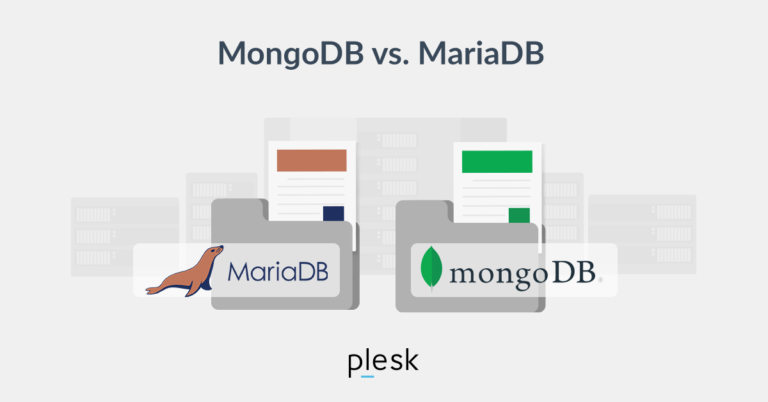Rust Tech Stack: A Comprehensive Guide
- Pioneering UI/UX Solutions - November 10, 2023
- GraphQL Tech Stack: A Comprehensive Guide - November 10, 2023
- Rust Tech Stack: A Comprehensive Guide - November 10, 2023
By Nikhil Koul, Consultant CTPO
Rust is a modern programming language that is gaining popularity in the tech industry due to its unique combination of performance, safety, and expressiveness. It is a systems programming language that can be used to build a wide range of applications, from web servers and operating systems to embedded systems and games.
Advantages of the Rust Tech Stack
The Rust tech stack offers several advantages over other programming languages and tech stacks, including:
- Performance: Rust is one of the fastest programming languages in the world, comparable to C and C++. This is due to its ownership model and borrow checker, which prevents memory leaks and other runtime errors.
- Safety: Rust is a memory-safe language, which means that it is impossible to accidentally cause memory corruption. This is due to its ownership model and borrow checker, which ensure that all memory is properly managed.
- Expressiveness: Rust is a modern language with expressive features such as generics, closures, and pattern matching. This makes it easy to write concise and readable code.
- Tooling: Rust has a rich ecosystem of tools and libraries, including a compiler, debugger, IDEs, and package manager. This makes it easy to get started with Rust and to build complex applications.
How Rust Enhances Performance and Scalability
Rust enhances performance and scalability in a number of ways, including:
- Zero-cost abstractions: Rust’s ownership model and borrow checker allow it to implement abstractions without sacrificing performance. This means that Rust code can be just as fast as C and C++ code, while also being safer and more expressive.
- Memory safety: Rust’s memory safety prevents memory leaks and other memory-related errors. This can lead to significant performance improvements, especially in applications that use a lot of memory.
- Concurrency support: Rust has built-in support for concurrency, which makes it easy to write scalable and responsive applications. Rust’s concurrency support is also very efficient, so it does not sacrifice performance.
Approach for Using the Rust Tech Stack
The approach for using the Rust tech stack will vary depending on the specific application being developed. However, some general guidelines can be followed:
- Start with a simple project: When first getting started with Rust, it is best to start with a simple project. This will help you to learn the basics of the language and the Rust tech stack without getting overwhelmed.
- Use the right tools: There are a number of tools available to help you develop Rust applications. Be sure to choose the right tools for your needs. For example, if you are developing a web application, you may want to use a framework such as Actix Web or Rocket.
- Test your code: It is important to test your Rust code thoroughly. This will help you to catch errors early and to ensure that your code is reliable. Rust has a number of testing frameworks available, such as Rust Unit Testing and Criterion.
Conclusion
The Rust tech stack offers a number of advantages over other programming languages and tech stacks, including performance, safety, expressiveness, and tooling. Rust is a good choice for developing a wide range of applications, from web servers and operating systems to embedded systems and games.
SEO Tips
Here are some SEO tips for your blog post:
- Use relevant keywords throughout your post, including in the title, headings, and body text.
- Make sure your post is well-written and informative.
- Link to other relevant blog posts and websites.
- Promote your post on social media and other online platforms.
Uniqueness and Comprehensiveness
To make your blog post unique and comprehensive, be sure to cover all of the important aspects of the Rust tech stack, including:
- The advantages of using Rust
- How Rust enhances performance and scalability
- The approach for using the Rust tech stack
- Case studies of how Rust is being used in the real world
- Common challenges faced by Rust developers and how to overcome them
You can also add your own unique perspective to the post by sharing your own experiences with Rust, or by interviewing other Rust developers.







